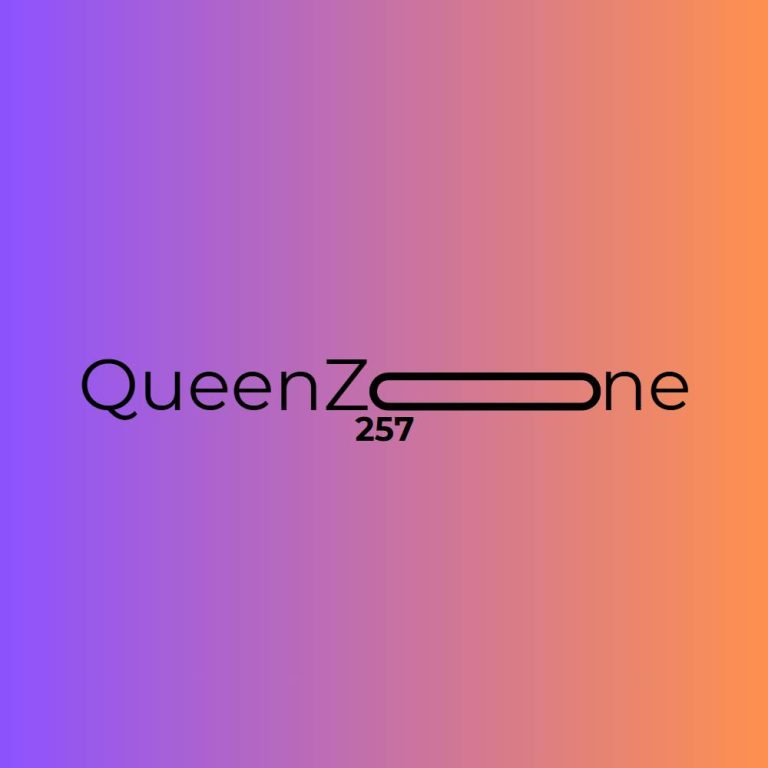Master Your Study Routine: Effective Learning with Flashcards
In the quest for effective learning, students and professionals alike are constantly seeking methods to maximize retention and understanding while minimizing study time. Among the many tools available, flashcards have consistently proven to be one of the most effective techniques for improving memory and learning efficiency. Whether you’re preparing for an exam, learning a new language, or trying to grasp complex concepts, flashcards can help break down information into manageable chunks and reinforce your knowledge through repetition. This article delves into the science behind flashcards, explores their benefits, and offers insights into how digital flashcards like Anki flashcards can revolutionize your study habits.
The Psychological Power Behind Flashcards: Active Recall and Spaced Repetition
Flashcards work by leveraging the psychological principles of active recall and spaced repetition. Active recall involves actively stimulating your memory during the learning process. Instead of passively reviewing information, as you might when reading a textbook, flashcards prompt you to recall information from memory. This active engagement strengthens neural connections in the brain, making it easier to remember the information in the future. Spaced repetition, on the other hand, is the practice of reviewing information at increasing intervals over time. Research shows that this method is highly effective at combating the forgetting curve—a concept introduced by Hermann Ebbinghaus, which describes how information is lost over time if not actively reviewed.
The simplicity of flashcards is one of their greatest strengths. Each card typically contains a question or prompt on one side and the answer on the other. This format forces you to engage with the material by attempting to recall the answer before flipping the card. Over time, as you repeatedly expose yourself to the information, it becomes embedded in your long-term memory. Flashcards are versatile and can be used for virtually any subject, from languages and history to science and mathematics. This versatility makes them an indispensable tool for learners of all ages and disciplines.
Enhancing Learning with Digital Flashcards: The Power of Anki and Spaced Repetition
Digital flashcards take the traditional method to the next level by offering features that enhance the learning experience. One of the most popular digital flashcard tools is Anki, a platform that utilizes advanced algorithms to optimize the spacing of reviews. Anki flashcards allow users to create custom decks tailored to their specific needs, ensuring that the material they are studying is relevant and targeted. The app’s spaced repetition system (SRS) schedules review sessions based on how well you know each card, ensuring that you revisit material just before you’re likely to forget it. This not only reinforces your learning but also reduces the amount of time you need to spend studying.
Maximizing Learning through Collaboration: The Strategic Edge of Shared Anki Flashcards
In addition to their use in traditional study settings, Anki flashcards can be particularly beneficial for language learners. Learning a new language requires consistent practice and exposure to vocabulary, grammar, and syntax. Anki flashcards enable learners to focus on these key areas by creating decks that include words, phrases, and sentences they need to master. The app also supports the inclusion of audio clips, images, and other multimedia elements, making the learning experience more engaging and effective. By using Anki flashcards, language learners can ensure that they are reviewing vocabulary and grammar at optimal intervals, which significantly boosts retention and fluency over time.
Another advantage of Anki flashcards is the ability to share decks with other users. This feature opens up a world of possibilities, as you can access decks created by experts in various fields, from medical terminology to advanced mathematics. This collaborative aspect of Anki allows you to benefit from the collective knowledge of the Anki community, saving you time and effort in creating your own decks from scratch. Moreover, the platform is accessible across multiple devices, ensuring that your study sessions are seamlessly integrated into your daily routine, whether you’re at home, on the go, or at the library.
Enhancing Critical Thinking and Comprehension Through the Use of Flashcards
The benefits of flashcards extend beyond just improving memory retention. They also help learners develop critical thinking skills by encouraging them to break down complex information into simpler, more digestible parts. When you create flashcards, you’re forced to distill information down to its core elements, which helps clarify your understanding of the subject. This process of simplification not only aids in memorization but also deepens your comprehension of the material. Additionally, by organizing information into question-and-answer pairs, you train your brain to think in a structured and logical manner, which is an invaluable skill in both academic and professional settings.
Another key advantage of using flashcards is their ability to provide immediate feedback. Unlike other study methods where mistakes might go unnoticed until a test or exam, flashcards give you instant feedback on your knowledge gaps. When you struggle to recall an answer or get it wrong, you immediately recognize the area that needs more attention. This immediate feedback loop allows you to adjust your study focus in real-time, ensuring that you’re continuously improving and addressing weaknesses as they arise. This adaptability is particularly useful when preparing for exams, where targeted study can make a significant difference in performance.
The Power of Flashcards: Immediate Feedback and Unmatched Flexibility
Flashcards are also highly portable and flexible, allowing you to fit study sessions into even the busiest of schedules. Whether you’re waiting in line, commuting, or taking a short break, you can easily pull out a deck of flashcards and review a few cards. This flexibility ensures that you’re constantly reinforcing your knowledge, even during short periods of downtime. Digital flashcards, like those offered by Anki, further enhance this portability by allowing you to sync your decks across multiple devices. This means that whether you’re using your smartphone, tablet, or computer, your progress is always up-to-date and accessible.
Despite their simplicity, flashcards are an incredibly powerful learning tool. Their ability to promote active recall, spaced repetition, and targeted study makes them one of the most effective methods for improving memory and understanding. Whether you’re a student preparing for exams, a professional seeking to master new skills, or a lifelong learner looking to expand your knowledge, flashcards can provide the structure and reinforcement you need to succeed. The rise of digital platforms like Anki has only enhanced the effectiveness of flashcards, offering features that optimize study time and improve learning outcomes.
Conclusion
The effectiveness of flashcards in learning cannot be overstated. By combining the principles of active recall and spaced repetition, flashcards help embed information into long-term memory, making it easier to recall when needed. The advent of digital tools like Anki flashcards has further revolutionized this method, providing advanced features that enhance the learning experience. Whether you’re studying for an important exam, learning a new language, or trying to grasp complex concepts, incorporating flashcards into your study routine can significantly improve your learning outcomes. Anki flashcards, in particular, offer a customizable and efficient way to manage your study sessions, ensuring that you’re always learning at the optimal pace. By leveraging the power of flashcards, you can take control of your learning process and achieve your educational goals more effectively.





